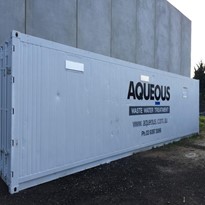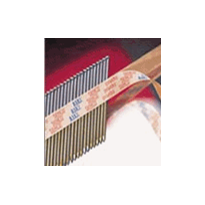With the challenge of population growth, road degradation, rising road maintenance costs and decreasing access to affordable resources, Councils, Government road authorities and civil road contractors must be innovative to play their role in our transition towards sustainability.
Construction materials comprise a large proportion of the enormous quantities of materials consumed worldwide. In fact, Australian construction material consumption is estimated to be 5.2 tonnes per person each year, a significant proportion of which is for road infrastructure.
Traditionally, roads have been constructed using high grade quarry products such as hard rock and gravel. These non-renewable resources are becoming more challenging to acquire in terms of cost and access. The process of quarrying and hauling the material incurs significant greenhouse gas (GHG) emissions, not to mention further damage to the haul route incurred during the transport of quarry materials to site.
As pressure mounts to move towards a sustainable society, there is substantial progress in creating road networks and maintenance practises that are resilient to future environmental and resource related challenges. Councils, Government road authorities and contractors across Australia are playing a key role in driving innovation in the road construction industry, with the procurement of innovative yet simple new technology that is transforming road maintenance practises and building stronger roads.
Road authorities procure PolyCom Stabilising Aid to upgrade road materials that would normally be deemed unsuitable for use. PolyCom is supplied in 2kg packs, a quantity that can stabilise 50m3 or 100 tonnes of road material - a stark comparison to traditional alternatives that would require significantly higher quantities of virgin material.
A recent lifecycle assessment of a road treated with PolyCom compared to an untreated section of the same road revealed a 90% cut in GHG emissions, 80% reduction in water usage and 70% financial savings on maintenance.
By recovering their roads with PolyCom instead of re-sheeting with virgin materials, road construction authorities are saving time, money and resources. This allows them to reduce their environmental footprint whilst turning their focus to other critical infrastructure projects.
It is pioneering, innovative solutions like PolyCom that are empowering the road construction industry to build sustainability into our roads - maintaining a stronger road network whilst minimising the impact on our environment and communities.
For more information on PolyCom Stabilising Aid visit www.earthcoprojects.com.au


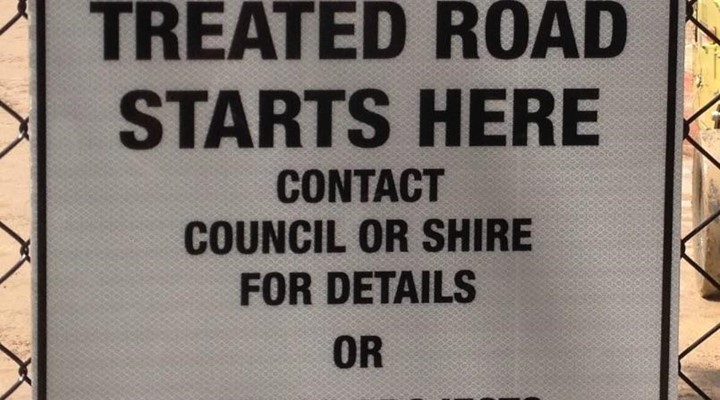
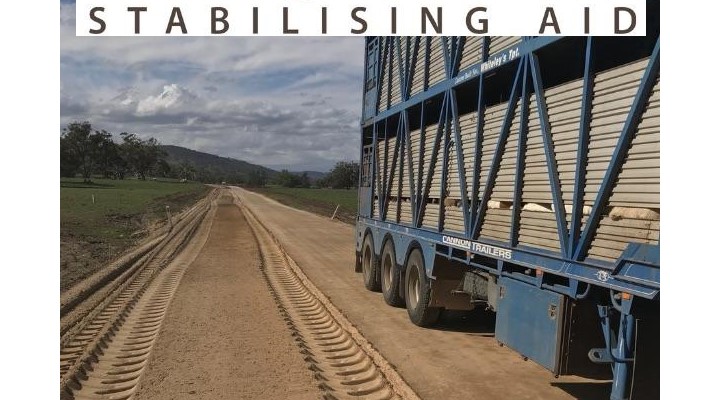
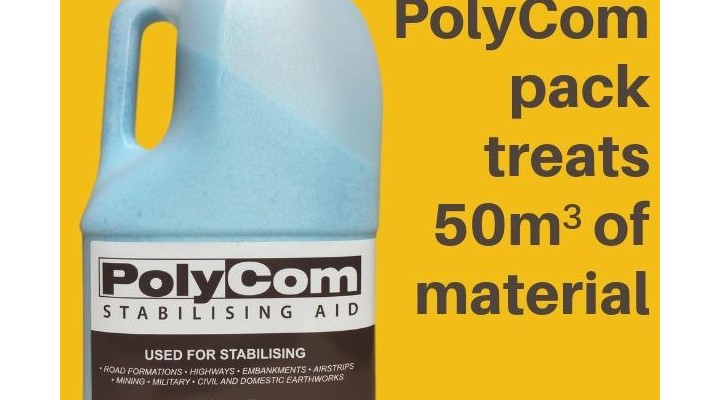
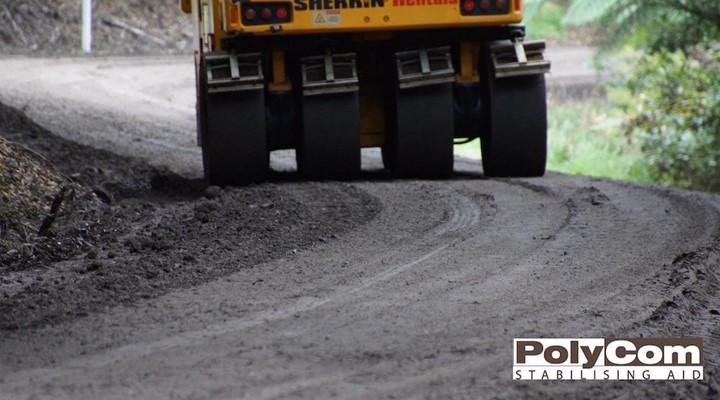



-160x160-state_article-rel-cat.png)






-160x160-state_article-rel-cat.png)







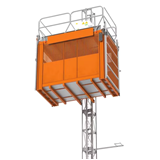
-160x160-state_article-rel-cat.png)








